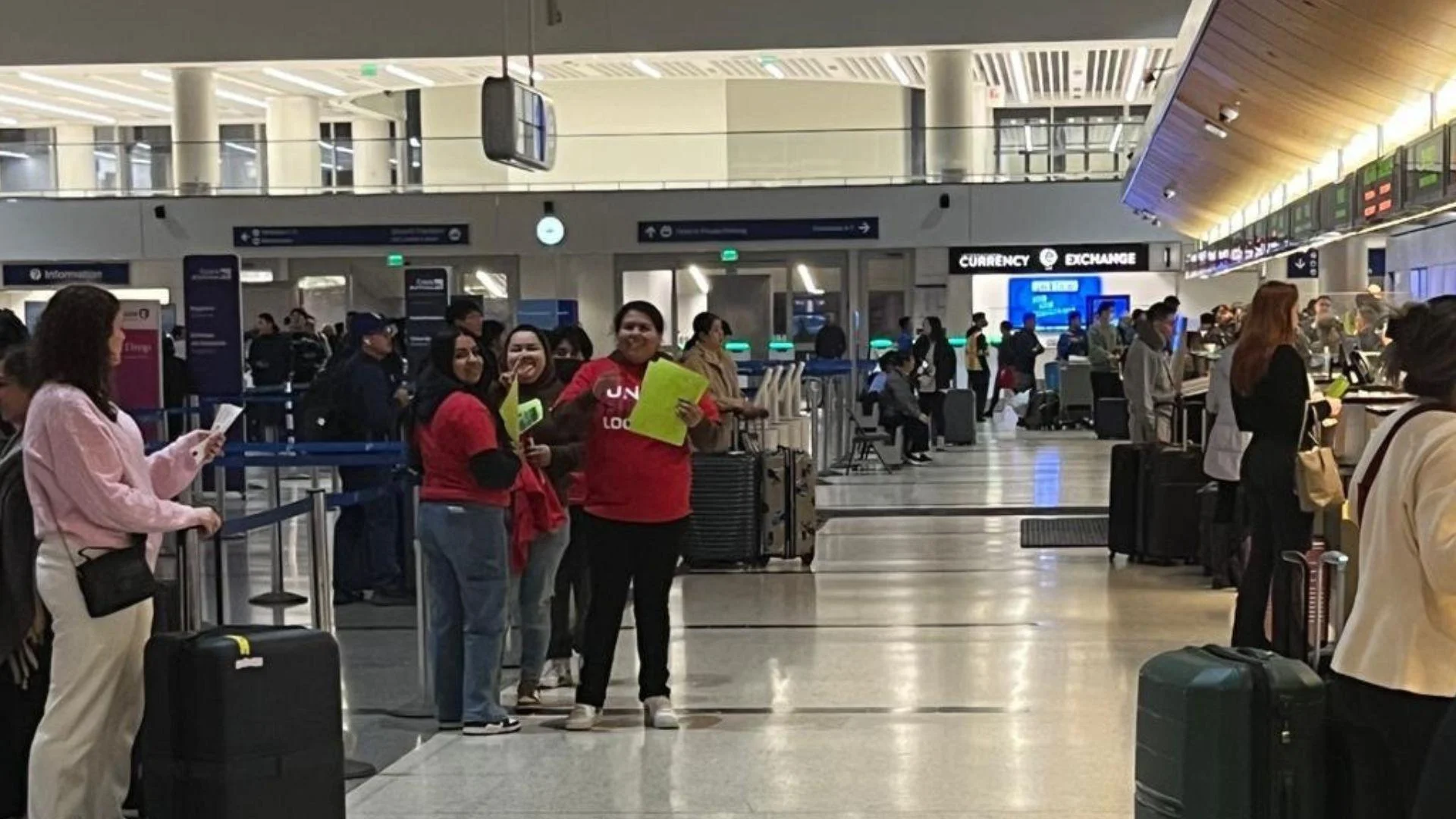The U.S. Air Force, in partnership with BETA Technologies, has been instrumental in the development of ALIA. This groundbreaking aircraft, with a range of 250 nautical miles and the capacity to seat up to five passengers, exemplifies the Air Force's adaptability to new technologies. The Air Force's interest in ALIA’s flexible applications further reinforces its commitment to staying at the forefront of technological advancements.
Moving cargo between Dover AFB and JB MDL with the ALIA is advantageous because it saves time and other valuable resources.
“We can be ready to take off in a matter of minutes, and the battery has a low center of gravity, which is not affected by the way you load the cargo,” said Ross Elkort, BETA Technologies flight test engineer.
The 305th Maintenance Squadron’s Precision Measurement Equipment Laboratory team unloaded 319 pounds of cargo from Dover AFB and loaded 222 pounds for a return trip.
Having last-mile cargo delivery handled by a battery-powered fixed-wing aircraft presents an opportunity to make air mobility safer, cleaner, and more cost-effective.
“It brings key innovation to the mission. It's going to make things faster and simpler,” said Alyxandra Scalone, 305th Maintenance Squadron production controller. “Dover (AFB) is about two and a half hours away from us. Today’s flight only took 45 minutes.”
“An all-electric aircraft like the ALIA is the next evolution of rapid global mobility,” said Zachary White, BETA Technologies team member. “We started working with the AFWERX Agility Prime Program in 2019. We are super excited to be here and supporting Air Mobility Command. Doing different types of missions and flying cargo between bases was great to see the flexibility of this aircraft.”
 Alerts Sign-up
Alerts Sign-up




































